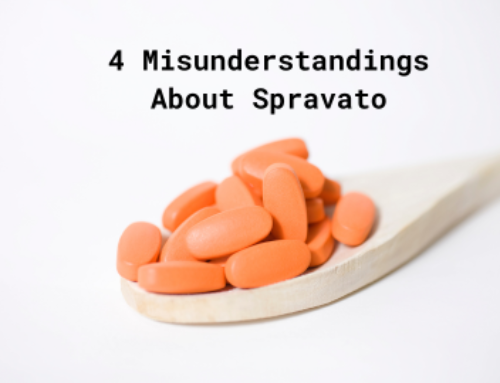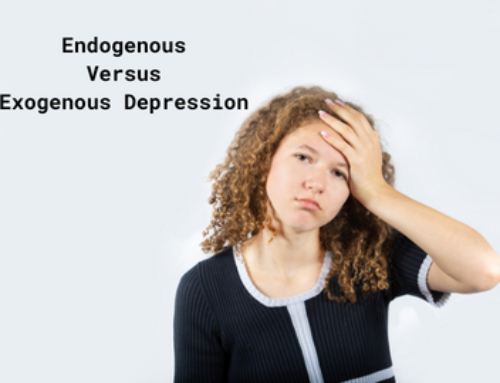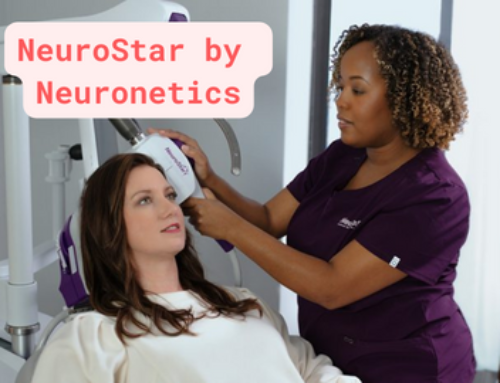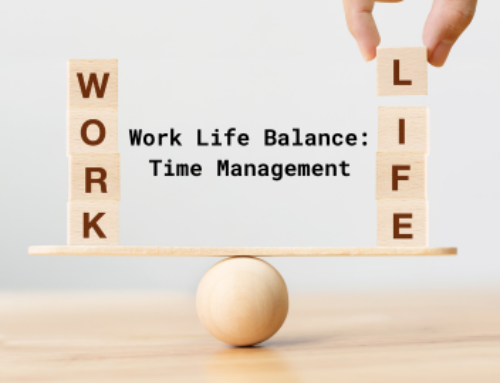Major Depressive Disorder (MDD) is a diagnosable psychiatric disorder categorized as having low-mood, low-energy, overwhelming feelings of sadness and a loss of interest.
Not a lot is known about what causes MDD. But, it is known that it can be related to a lot of different factors. The reason it manifests in one person may not be the same reason it manifests in another. It could be because of a disruptive life event, an illness or drug and alcohol use. It could also because of a chemical imbalance in the brain. However, it’s tricky to know for sure if this is the case or what exactly the imbalance is.
Symptoms of major depression disorder include:
- Feeling sad or hopeless
- Loss of interest in normal activities
- Crying spells
- Trouble sleeping
- Trouble concentrating
- Irritability
- Fatigue
- Aches and pains
- Suicidal thoughts (extreme cases)
Most people experience a degree of depression at some point in their life. However, for those who have MDD the symptoms are extreme and they are chronic. Unfortunately, unlike other illnesses there is no blood or other kind of laboratory test to determine the onset of depression. Keeping track of your symptoms and sharing them with your health care provider is the best thing you can do. Including a trusted family member of friend who can share their observations may also be helpful.
According to the Anxiety and Depression Association of America (ADAA), MDD affects more than 16.1 million American adults. MDD can affect people at any age but most commonly begins around the age of 30.
What does this mean? You are not alone. There are lots of other people who will understand what you are going through and a foundation of support could have a huge impact on your fight against depression.
Regardless, being diagnosed with MDD is scary, and for many reasons. Depression takes you away from enjoying your everyday life. Depression not only directly affects you but your loved ones as well. One of your instincts may be to ignore it and hope it goes away, but if left untreated, depression can worsen. The best thing to do is seek help and get a better handle on your situation.
Once you are diagnosed with depression from a medical care professional, there is support, help and a variety of treatment options available. Depression is not one size fits all, so gaining a clear and better understanding of what is happening with you and your unique case, will guide you on a path suitable to you.
Common forms of treatment are:
Medication
Diet and Exercise
Herbal Supplements
Along with your doctor, you can decide the best course of treatment. Factors that might affect your decision making are: The severity of your depression, holistic beliefs, possible side effects, etc. Trial and error may also be necessary. Just like depression isn’t one size fits all, neither is treatment.
Fighting depression is not easy and will most likely take a lot of hard work, dedication and time. But, there is hope and it is possible to bounce back.




